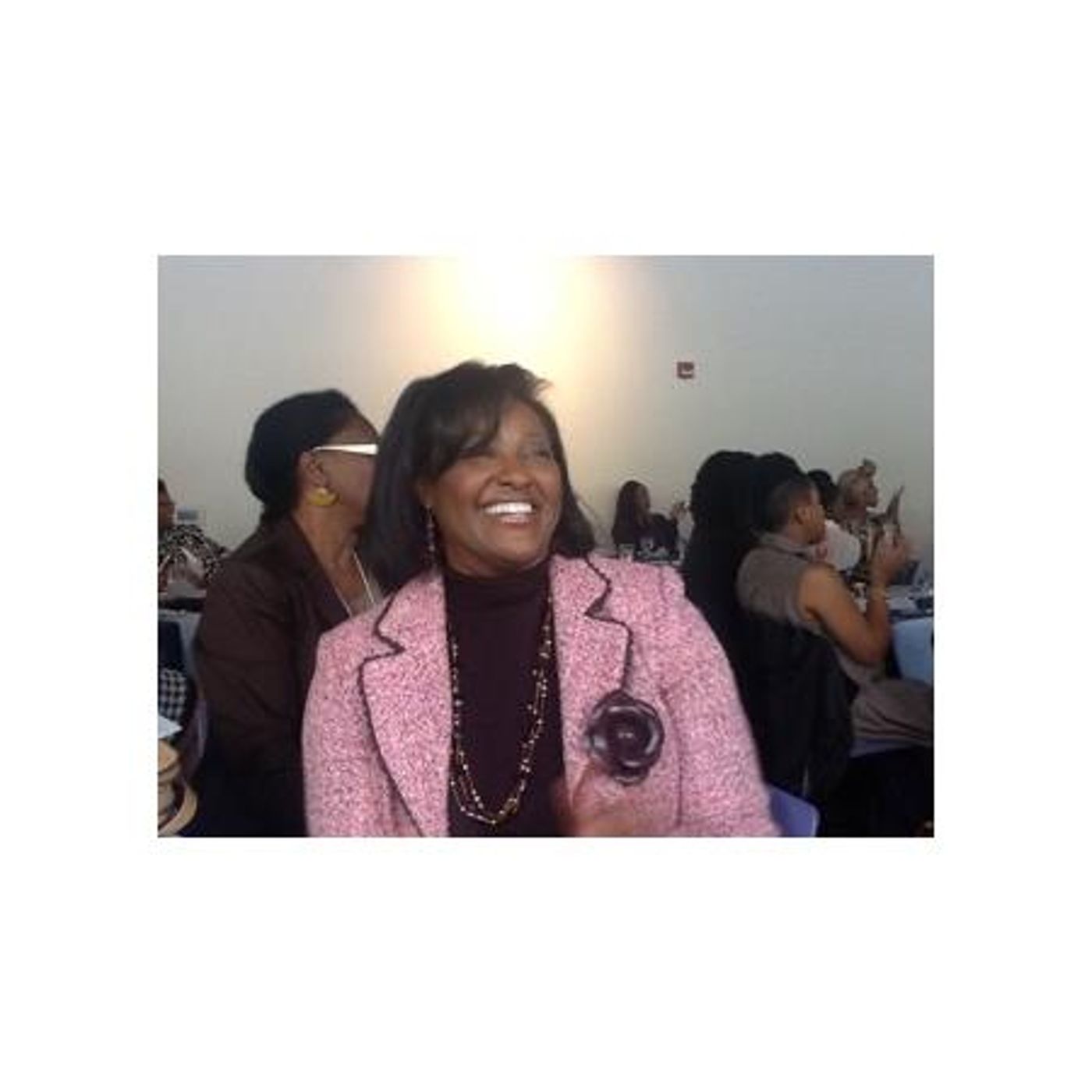African Americans Philanthropy, and the Civil Rights Movement - Dr. Rhonda Jones
- Author
- Bernice Alexander Bennett
- Published
- Fri 12 Aug 2016
- Episode Link
- https://www.spreaker.com/episode/african-americans-philanthropy-and-the-civil-rights-movement-dr-rhonda-jones--63171601
Tithe, Time, and Talent: African Americans, Philanthropy, and the Civil Rights Movement, 1925-1968 addresses an important gap in civil rights historiography that centers on philanthropy, volunteerism, and fundraising. Philanthropy has been an immutable part of the American experience since the late sixteenth century. Since money is often emphasized as the highest form of contributory assistance, philanthropic studies frequently fail to take into account the socio-cultural value of time, expertise, and the exchange of goods and services. African Americans hampered by enslavement, economic disparity, exclusion and social inequality entrenched in White supremacy, were forced to operate clandestinely. “Hidden in plain sight,” their self-help initiatives though silent and informal, were orchestrated through the church, fraternal orders, benevolent and burial societies. Practiced under the guise of self-care and community uplift, African Americans maintained schools, purchased land, operated soup kitchens, and created socio-political institutions that offered protection against a hostile world. While there are myriad numbers of ways of understanding how African Americans actualized philanthropy, the documentation of their charitable activities have been more easily qualified than quantified. As a result, documentation of their efforts has been grossly underestimated and they have become artificially marginalized as recipients and never as providers. Dr. Rhonda Jones is a proficient scholar, researcher, and instructor who specializes in Public History, Archives, Digital History, United States History, Oral History, African American Philanthropy, the Civil Rights Movement, and International Documentary Studies.
Become a supporter of this podcast: https://www.spreaker.com/podcast/ancestor-s-footprints-with-bernice-alexander-bennett--6436157/support.
